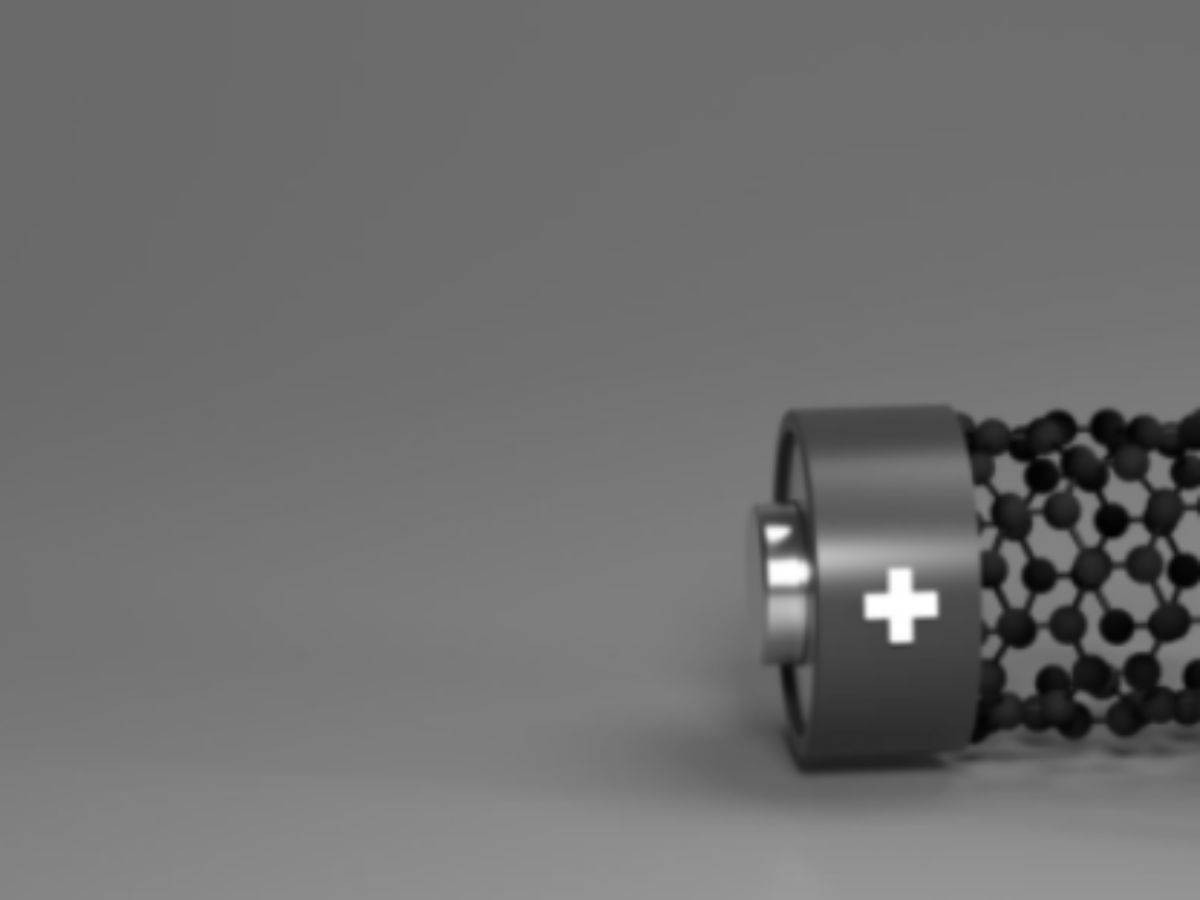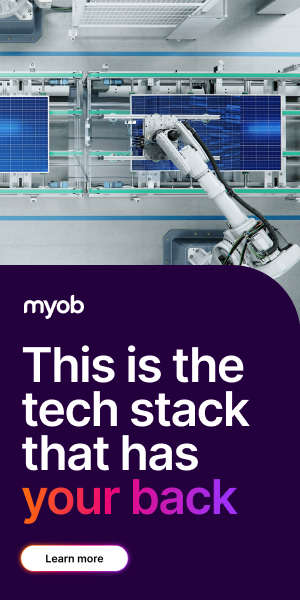Sparc reports progress on battery materials project with QUT

Technology innovator Sparc Technologies has reported progress in the development of hard carbon anode materials for sodium ion batteries in its research project with Queensland University of Technology (QUT).
The company said QUT had delivered the first project milestone report which describes the results of SIB half-cell battery testing and material characterisation for a sustainably sourced anode material under a range of process conditions.
Whilst further optimisation, testing and process development work is required, reversible capacities for a batch of materials under the same testing conditions exceeded 535mAh/g and averaged 477mAh/g across five separate trials.
This was well beyond (around 45 percent higher) the benchmark of 330mAh/g set at the beginning of the research programme based on what is believed to represent commercial hard carbon anode materials.
Sparc Technologies Executive Chairman Stephen Hunt said Sparc was very encouraged by the positive results from its research program with QUT.
Hunt said: “The combination of green bio-waste feedstock and faster, less energy intensive processing with a very high capacity anode material offers attractive potential for further research and development.
“Equally as exciting is the continued progress of sodium ion batteries towards commercialisation as evidenced by recent activities of major global battery producers including CATL, BYD and Reliance
Industries.
“Sparc is well positioned as one of the only ASX listed companies actively targeting sodium ion batteries.”
Sparc is also developing graphene manufacture and recently accelerated the development of its novel method of making hydrogen utilising a photo catalyst rather than energy-intensive electrolysis.
The technology has the potential to create significant energy efficiencies and a cost advantage with low capital and operating expenditure required compared to renewable energy powered electrolysis.
Sparc said a high performing, low cost, sustainably sourced anode material for SIBs would meet a need for what is a growing alternative battery technology.
Current hard carbon materials are typically sourced from carbonaceous precursors such as pitch (a by-product of the oil & gas industry) which undergo lengthy heating at high temperatures.
This is a very energy consuming process, which combined with using a fossil fuel derived feedstock, has a significant environmental footprint.
Also, with China being the world’s dominant supplier of hard carbon materials, the process under development with QUT aims to provide an alternative western supply of anode materials thereby reducing sovereign risk for SIB cell manufacturers.
In the latest work, sodium-ion battery performance of samples (in half-cell configuration) has been tested using electrochemical methods such as galvanostatic charge/discharge – capacity and cycling stability.
Several coin cells (five cells for each hard carbon sample) were made for each electrode to ensure the reproducibility of the measurements.
Future work will focus on testing cycling stabilities up to 500 cycles, trialling methods to improve initial coulombic efficiencies and fabrication and testing of full cells.
Further reading:
SPARC ACCELERATES PHOTOCATALYTIC HYDROGEN VENTURE
Image: Sparc Technologies
Topics Technology
@aumanufacturing Sections
Analysis and Commentary Awards Defence Manufacturing News Podcast Technology Videos






